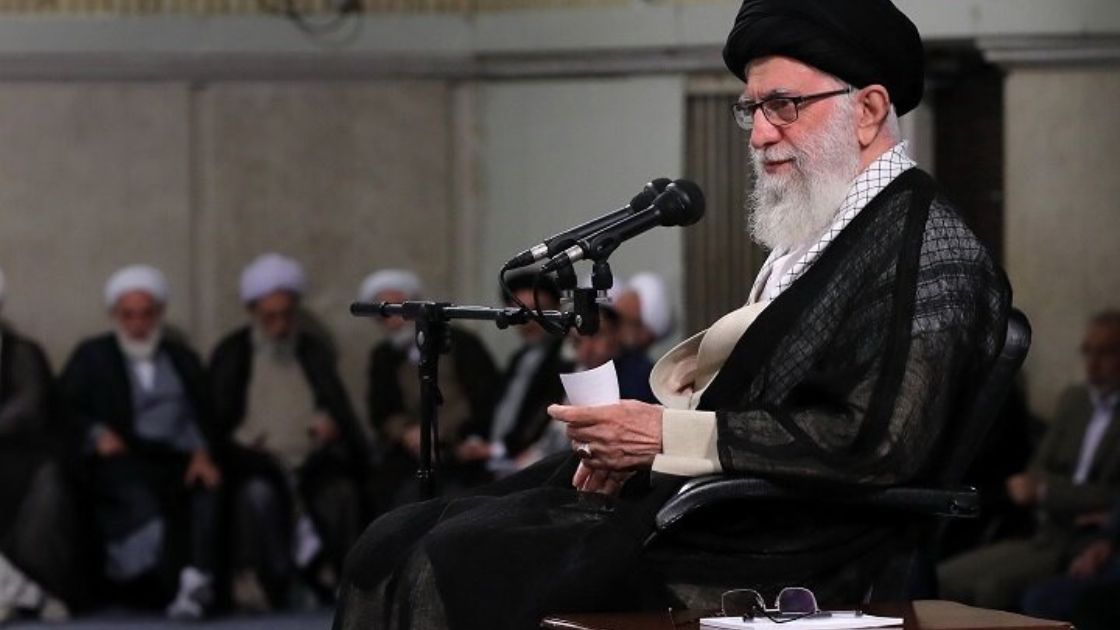Islam imams
The roles and responsibilities of an imam in Islam can vary depending on the branch of Islam, the cultural context, and the specific community they serve. Here are some general roles and functions that imams may perform:
- Prayer Leader:
One of the primary roles of an imam, especially in Sunni Islam, is to lead congregational prayers (Salat) in the mosque. They recite the Quranic verses and perform the physical movements of the prayer while the congregation follows along. Imams ensure that prayers are conducted correctly and in accordance with Islamic teachings.
- Delivering Sermons:
Imams often deliver sermons (khutbahs) during Friday prayers (Jumu’ah) or other special occasions. These sermons cover a range of topics, including moral guidance, ethics, current events, and religious teachings. The goal is to provide spiritual and practical guidance to the community.
- Religious Teaching:
Imams may provide religious education and guidance to community members. They might lead classes, seminars, and study circles on various aspects of Islam, including theology, Quranic interpretation, Hadith (sayings and actions of the Prophet), and Islamic law (Sharia).
- Counseling and Spiritual Guidance:
Imams often play a role as spiritual advisors and counselors. They may offer guidance to individuals and families on matters such as personal struggles, family issues, ethical dilemmas, and questions related to faith and spirituality.
- Community Leadership:
Imams can be leaders within their communities, participating in community activities, organizing events, and fostering a sense of unity among the members. They may also help mediate disputes and provide leadership in times of crisis.
- Religious Authority:
In some cases, imams are considered religious authorities who can provide opinions and rulings on religious matters. They might answer questions related to Islamic jurisprudence and provide guidance on how to apply Islamic principles in various situations.


